At The Quadrangle in Shoreham, Kent
October 1st to 7th and October 30th to 4th
Permaculture is concerned with what truly matters, our most basic human needs, from clean water and healthy food to companionship and belonging, purpose and self-actualisation. It is a design approach that uses patterns and principles from natural ecosystems to help us meet our needs in cooperation with people and planet.
"It has completely changed my perspective towards every aspect of my life: my health, my relationship with family and friends, my relationship to the planet."
– Joao Paulo, previous PDC participant
Permaculture Design asks us to look past the social and economic status quo to broaden our perspective and come up with new solutions and different ways of living.
The Permaculture Design Course is a 72-hour, often life-changing experience, accredited by the UK Permaculture Association.
MAKE A LIFE, MAKE A LIVELIHOOD
Livelihood (noun):
1. A person’s liveliness, or aliveness; appearance of life.
2. Alteration from old english līflād, meaning way of life/manner of living; conduct, behaviour.
3. A person's subsistence or living; means of supporting themself.
4. The course of someone's life; a person's lifetime.
The ‘Make a Life, Make a Livelihood’ course with Social Landscapes puts special emphasis on empowering you to integrate the subjects directly into your lives and projects, whether that is your work, household, relationships or community.
"The course gave me direction and the opportunity of transforming a passion into a job"
– Previous Social Landscapes PDC participant
The course is engaging and practical, inclusive of all learning styles, integrating and drawing on your experiences and knowledge while challenging your assumptions about the world and society.
Although it is not a prerequisite, we’re encouraging you to join the course with a specific project in mind that you would like to work on and develop. If you don’t have a project, we have a few suggestions for you to choose from or you can work together with another participant on their ideas.
COURSE CONTENT
During the first week of the course we will explore the basic principles and applications of permaculture, first in general and then zooming in on the example of the Quadrangle Trust’s forest garden. We will engage in group work to create a design and get involved in the practical creation/maintenance of the food forest garden at hand, applying directly what we learn during the week.
Topics include but are not limited to:
- Origins, ethics and principles of permaculture
- Systems thinking and pattern language
- Permaculture design process and methodology
- Mapping, observation and site surveys
- Ecology: soil life, water in the landscape and land regeneration
- Cultivated ecology: food production in gardens, on farms and agroforestry
During the second week we delve into more group work and deeper into the design process to support you to realise your ideas and projects and take permaculture back with you into your life.
Topics include but are not limited to:
- Living environment, energy, urban permaculture
- Real wealth, money and sustainable exchange
- Personal wellbeing and healthy societies
- Group work and collaboration
- Project development and design
- Presentation
There will be plenty of design time for each participant’s personal design work, which will be presented on the last two days of the course. During the design sessions you will have the opportunity to integrate the things you learn during the course with additional support from the tutors.
“I feel like I know a secret and want to share it with the world”
– Natasha, previous PDC participant
PRICING AND REGISTRATION
Prices include food and shared accommodation in a large dorm at the Quadrangle Trust.
- Participants earning less than 25k/annum pay £650.
- Participants earning more than 25k/annum pay £800.
- We have four concessionary places available at a price of £500 for unemployed participants.

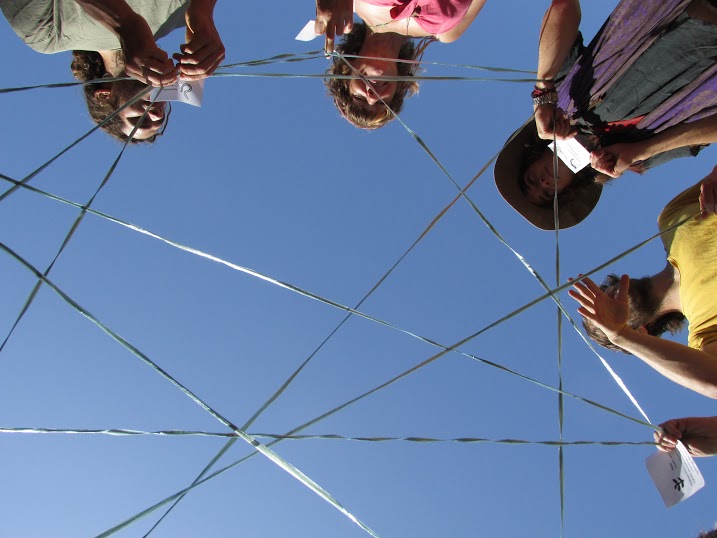
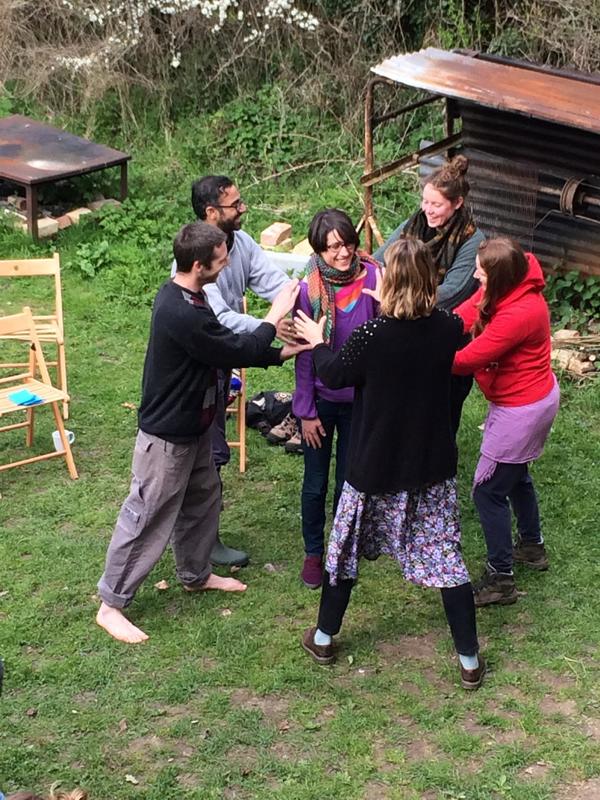
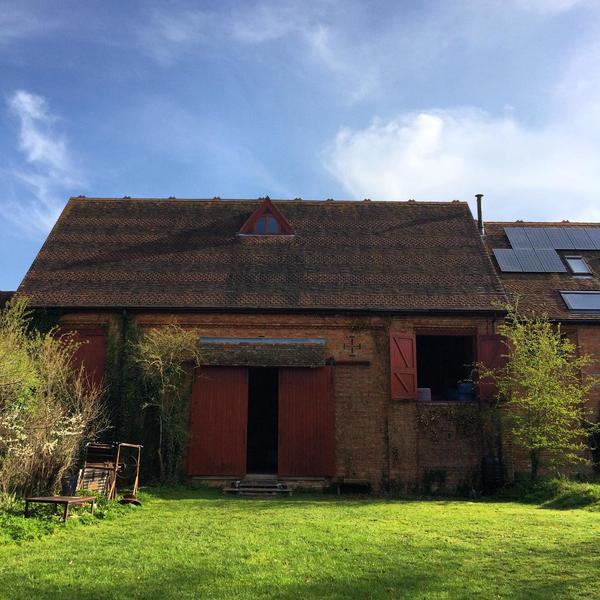
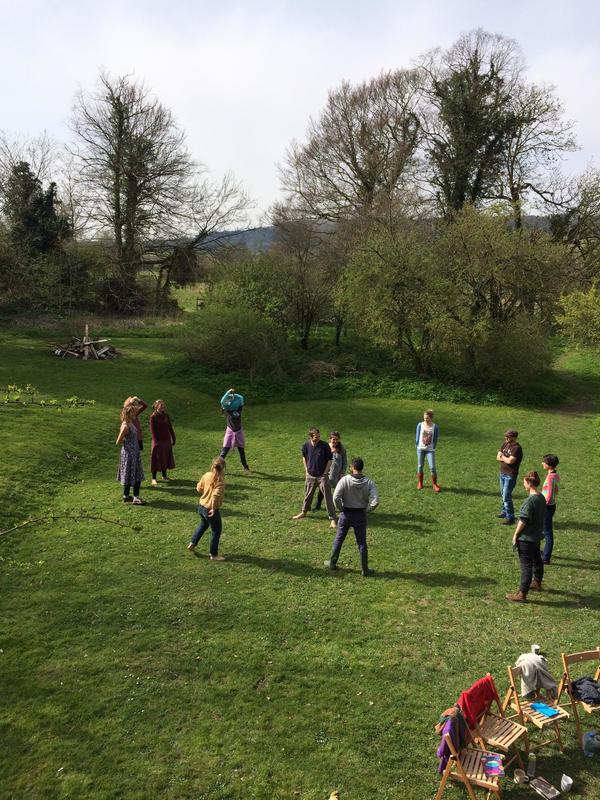
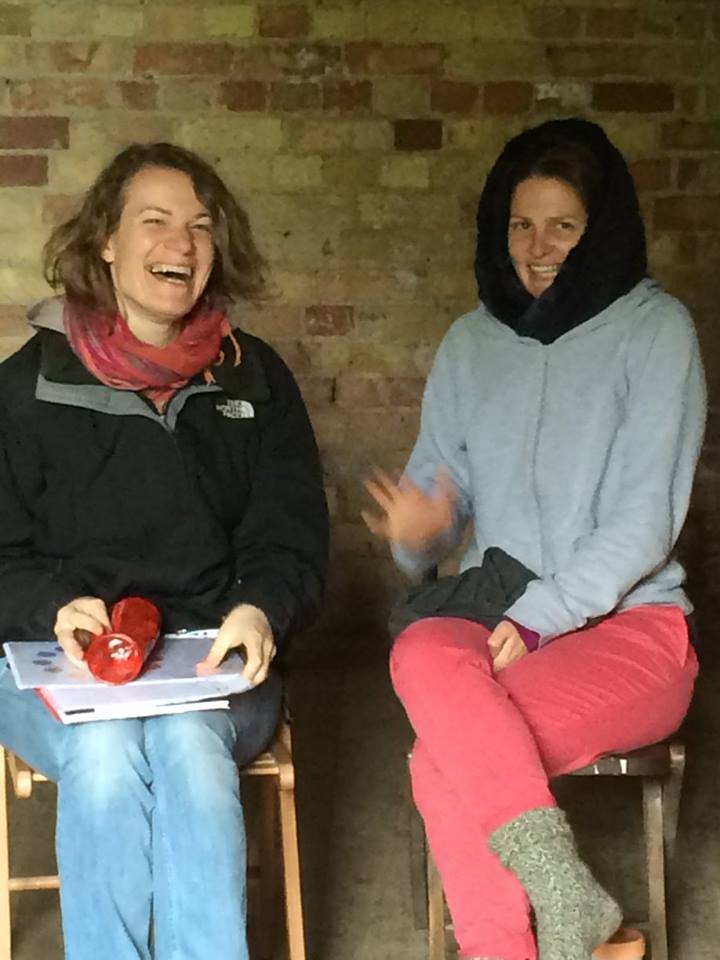
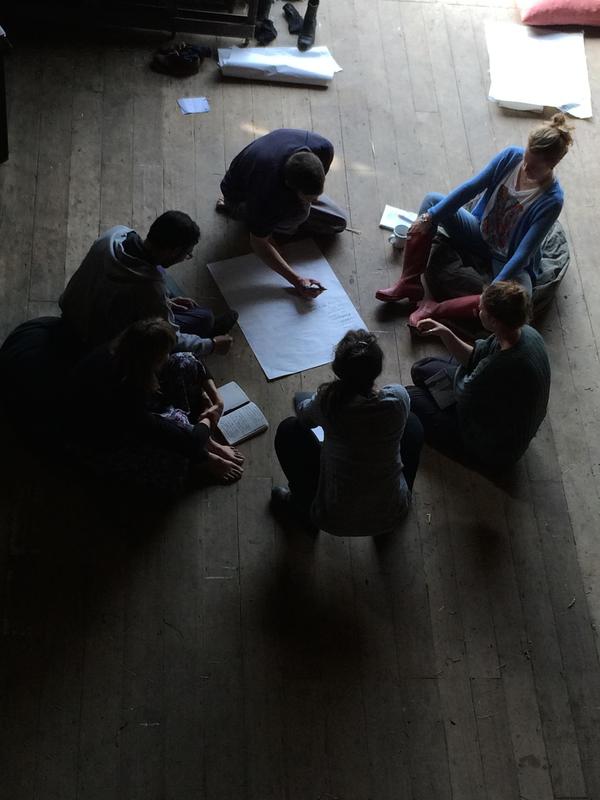
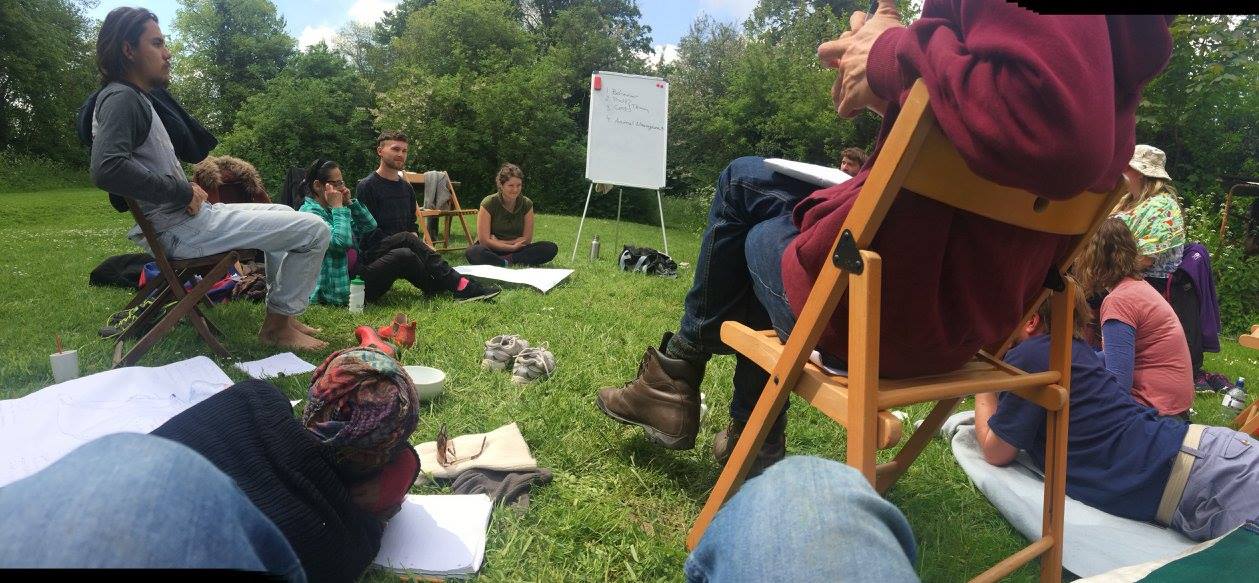
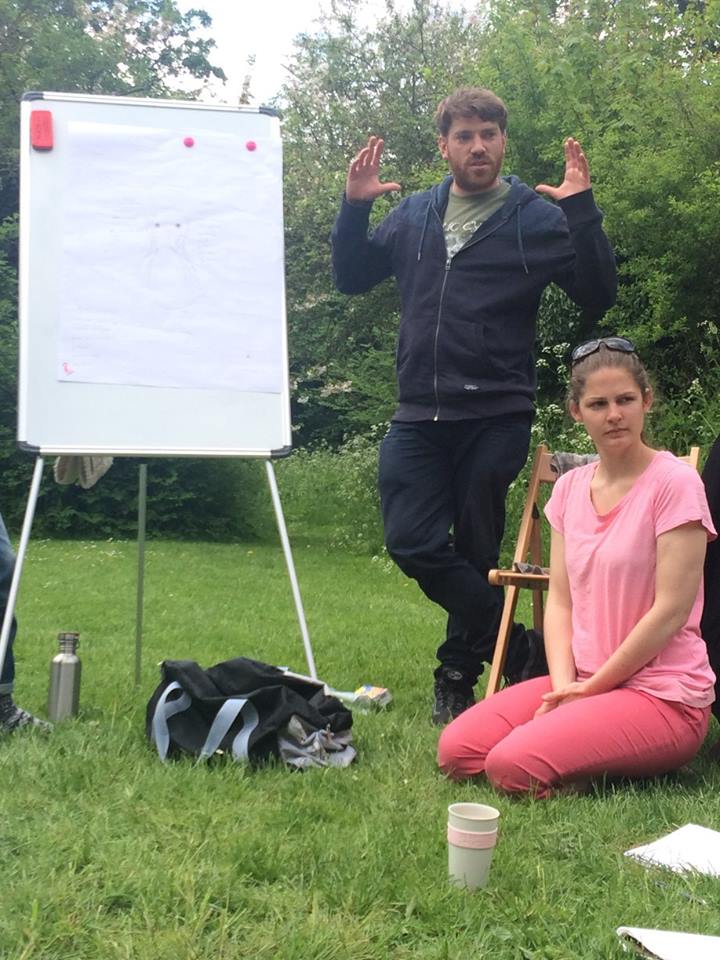
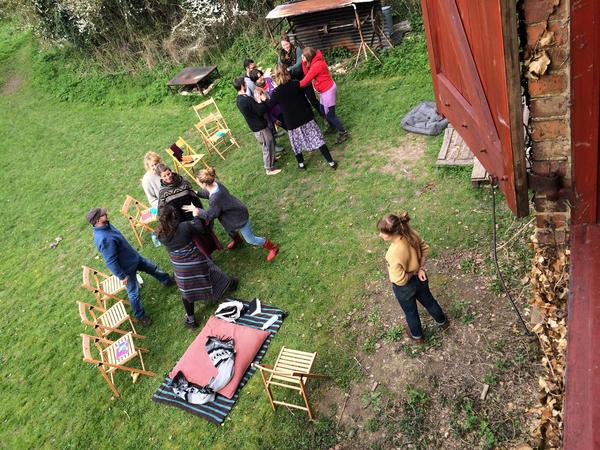










People come to take Permaculture Courses for a number of reasons: some want to adopt a new way of thinking and bring more creativity into the work they are already doing, others don’t find meaning in their current occupation and are looking for alternatives; some are looking to buy land hoping to run a homestead, while still others have a small garden at home and would like to get more in touch with the soil and produce a few things for themselves.